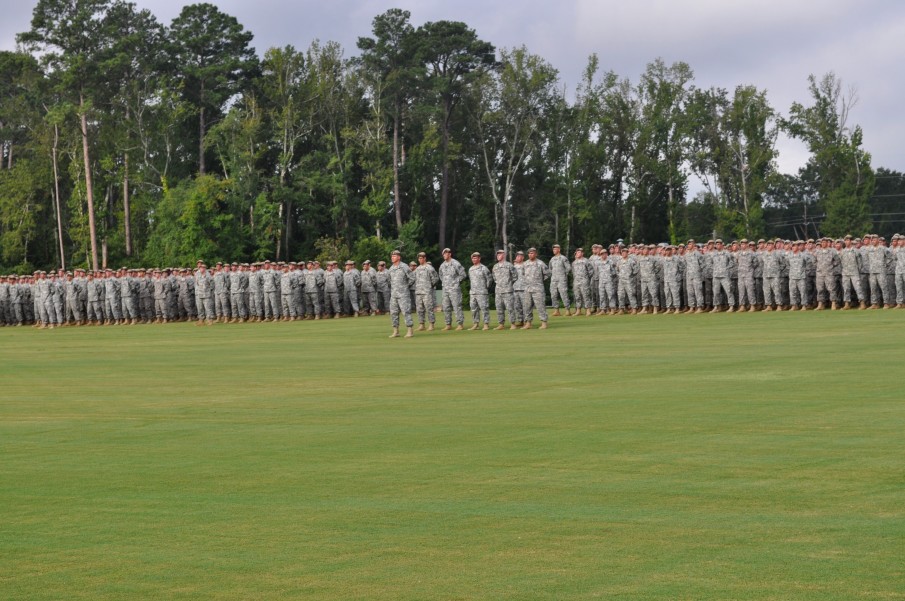Public perception of special operations is always interesting, if nothing else. One common misconception is that SEALs are the smallest, most elite special operations unit. SEALs are the scalpel and Rangers are the hammer, or so we are lead to believe. Actually, I’m not entirely sure what that is supposed to mean in the first place. However, a recent OPSEC-busting (Operational Security) congressional report released to the public blows this misconception right out of the water. There is a reason why the Chinese love congressional research reports: They frequently inadvertently leak classified information.
The total number of personnel in the SEAL teams comes in at 8,195. Subtracting those assigned to SEAL Team Six, we get a figure of 6,895. Looking at the total number of soldiers assigned to the 75th Ranger Regiment, we get 3,473. Can we lay this rumor to rest now? There are way more SEALs than there are Rangers. Now this does nothing to take anything away from the SEAL teams, it just means that the interweb warriors on Reddit, Facebook, and Instagram need to get off their mom’s couch in the basement and get out into the real world.
Besides, if we were to use these personnel numbers as a metric to determine who is the most “elite,” then MARSOC has us all beat out with a mere 1,475 Raiders assigned to their unit. The largest? Special Forces by far at 22,845 soldiers. This is why numbers are a dumb metric to use in childish arguments, which typically disregard selection, training, and mission sets.
Some more pertinent information is how large special operations has now become across all of SOCOM and JSOC—probably larger than the entire British military at this point. What does that say about how “special” any of these units really are if they are slowly becoming the primary arm in our conflicts and an overused capability in the hands of policymakers?
Already have an account? Sign In
Two ways to continue to read this article.
Subscribe
$1.99
every 4 weeks
- Unlimited access to all articles
- Support independent journalism
- Ad-free reading experience
Subscribe Now
Recurring Monthly. Cancel Anytime.











COMMENTS